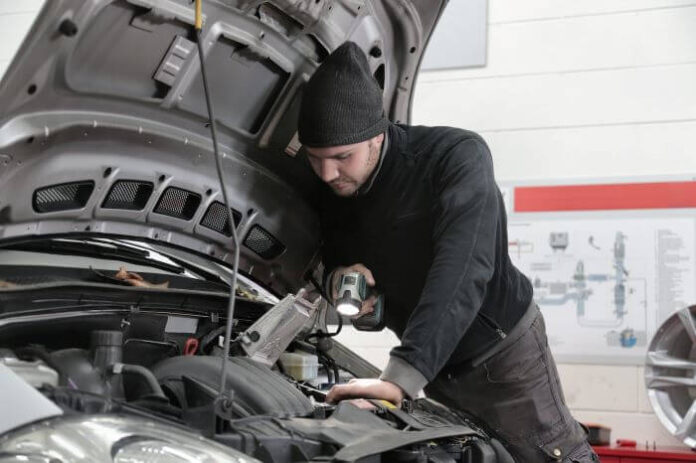Whether you’re an experienced mechanic seeking to create your own business or an auto-lover looking to turn your passion into your bread and butter, starting up your own business in the auto trade can be a challenging process.
There’s plenty of competition out there, and rapid technological advancements and a shifting economy mean that you’ll have to keep up with the latest industry developments if you want your new venture to succeed. But what are some essential steps you must take when starting up a new mechanic business?
In this article, we will show you some important steps you need to take to follow your dream of owning a mechanic business into a reality and success. Just keep reading!
How to Start Up Your Own Mechanic Business
Starting your own mechanic business can be a rewarding and challenging endeavour. Here are some steps you can take to get started:
1. Decide what kind of garage you want to open
The first step to take is deciding on which service(s) you’ll be providing to customers. There is a range of common mechanic specialisms to choose from. These include auto servicing and service technician services, engine, brake, and transmission services, diagnostic technician services, and body repair services.
The services you provide will depend on your expertise, budget, and equipment – do some market research to identify potentially lucrative specialist services that are in demand in your local area.
2. Gain experience and knowledge
We want to assume you don’t have prior knowledge of automotive repair. Then that is where to touch next after identifying which area of the business you want to focus on.
So, to gain the required knowledge and experience to build a strong foundation in automotive repair, consider attending a trade school or apprenticing with an experienced mechanic.
3. Create a business plan
When thinking of how to start up your own mechanic business, you will need a good business plan. Your business plan will serve as a roadmap that helps you navigate your way to success.
The business plan should outline your goals, target market, startup costs, and projected income. This plan will guide you as you start your business and help you secure financing if needed.
4. Find a good location
In the same way that ‘location, location, location’ is a key factor when finding a house, the location of your business base is an essential factor for success. You’ll likely need to find a working space or workshop that’s affordable, well-placed for potential customers, and not too close to direct competitors.
Market research can go a long way here and which location is best will depend upon your circumstances and budget.
5. Secure funding
Starting a mechanic business can require significant startup costs, including tools, equipment, and a physical location. You can use personal savings to invest in your business or apply for small business loans from banks or credit unions.
Business credit cards can also be used to manage expenses and build credit, but it’s important to use them responsibly. However, when securing funding, it’s important to carefully consider your options, research interest rates, fees, and repayment terms, and seek advice from a financial advisor or business mentor to make informed decisions.
6. Get the necessary licences
Depending on your services and the nature of your business, you’ll be required to acquire the necessary licensing, coverage, and documentation for the venture. This could include motor trade insurance, employers’ liability insurance, a Motor Vehicle Repair Business License (MVRBL) and MOT testing authorisation.
You’ll also likely need to secure planning permission if you’ll be developing a workshop on-site, whereas this may not be required if you set up a small business from your home garage.
7. Make sure you have the necessary equipment
Whether you’ll be carrying out repair and maintenance works in your home garage or performing diagnostics in the workshop, you’ll need to invest in high-quality tools, materials, and equipment to get the job done.
It’s worth remembering that the cost of tools and equipment can be amongst the biggest initial outgoings for new mechanic businesses. Therefore when purchasing items such as tyres online, it is key to look for both good prices and high quality.
Never ‘cheap out’ with low-quality equipment, which could be inaccurate and potentially dangerous for you, your staff, and your customers.
8. Market your business
Develop a marketing plan to reach potential customers. This may include advertising in local publications, offering promotions or discounts, and building a strong online presence through social media and a website.
Final Note
Starting a mechanic business can be a complex process, but with careful planning and hard work, you can create a successful business that provides valuable services to your community.
Just follow the steps highlighted above on how to start up your own mechanic business, and you will be on your way to building your dream profession!







